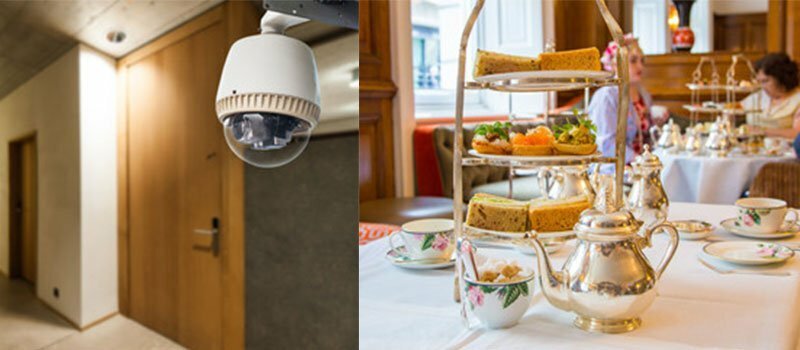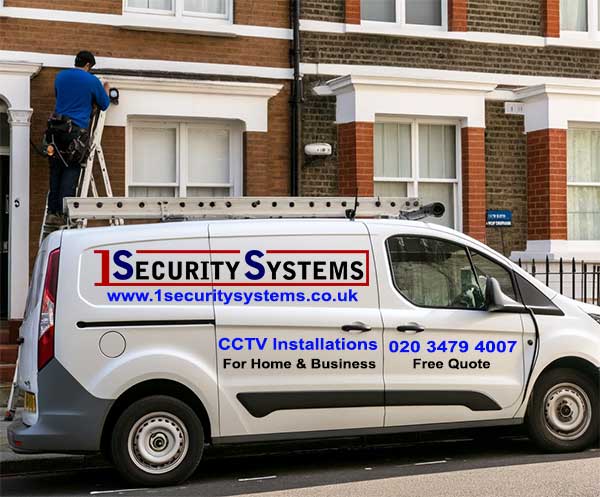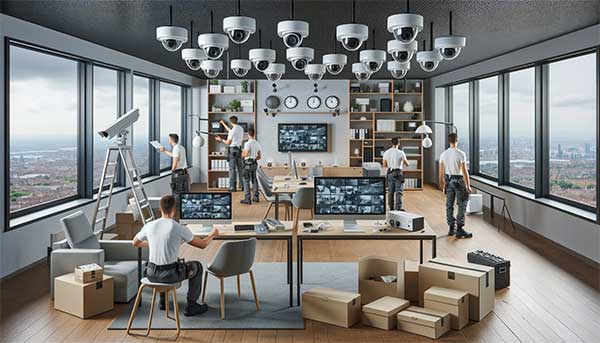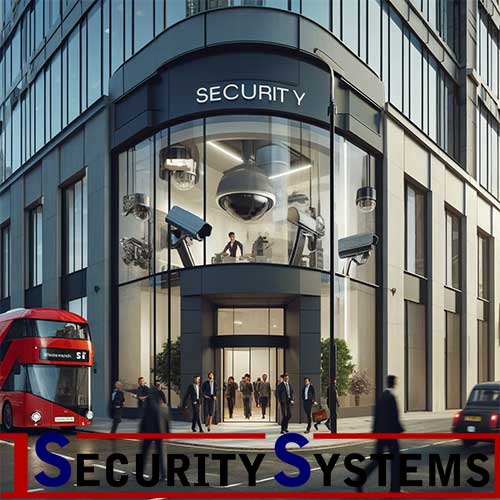Installing Security Systems for the Hospitality Sector: An Essential Overview
The hospitality sector comprises a broad range of businesses, from hotels and motels to restaurants and clubs. It is a sector that thrives on creating welcoming environments for its guests, and hence, a sense of security is paramount. Installing advanced security systems in the hospitality sector is not just about protecting assets but also about ensuring the safety and well-being of guests, staff, and other stakeholders. In this overview, we will delve into the reasons behind the need for robust security measures, the types of security systems best suited for the sector, and the challenges and benefits these systems present.
- The Imperative Need for Security in the Hospitality Sector
Guest safety and security are the cornerstones of a successful hospitality business. Whether someone is staying at a luxurious hotel or having dinner at a cozy restaurant, their experience is significantly influenced by how safe and secure they feel. Moreover, the sector often sees a high influx of international guests, which means that establishments must be equipped to meet global security standards.
Several factors necessitate the adoption of advanced security systems:
- Threats and Crimes: From petty thefts in hotel rooms to more significant threats such as terrorism, the hospitality sector is susceptible to various risks.
- Data Protection: Hotels, in particular, handle large amounts of personal guest information. Breaches can have dire consequences, both financially and in terms of reputation.
- Liability Issues: In the unfortunate event of a security incident, hospitality businesses can face significant legal ramifications if found negligent.
- Types of Security Systems Suitable for the Hospitality Sector
Given the unique requirements of the hospitality industry, various security systems can be adopted:
- Surveillance Cameras: These are perhaps the most common and crucial. Strategically placed cameras, both inside and outside the premises, can deter potential criminals and provide valuable evidence in case of incidents.
- Access Control Systems: These can regulate who enters specific areas, ensuring that only authorized personnel can access places like storage rooms, staff areas, or guest rooms.
- Intrusion Detection Systems: These detect unauthorized entries into premises and can be integrated with alarms to alert security personnel.
- Fire Alarm Systems: Given the density of guests and the size of many hospitality properties, fire alarms are vital. They can save lives and assets by providing timely warnings.
- Data Security Systems: These protect the digital assets of the establishment, from guest details to payment information.
- Challenges in Implementing Security Systems
While the benefits of installing security systems are evident, the hospitality sector faces several challenges in their implementation:
- Balancing Security with Guest Experience: Too much visible security can make guests uneasy, thinking they are in a high-risk area. The key is to strike a balance where security measures are effective yet unobtrusive.
- Cost Implications: High-quality security systems come at a price. For smaller establishments, this can be a significant investment.
- Training Staff: Every staff member, from the receptionist to the cleaning crew, needs to be trained on the security protocols, which requires time and resources.
- Keeping Up with Technology: Security tech evolves rapidly. Establishments need to ensure their systems are updated to counter newer threats.
- Benefits of Robust Security Systems
The positive aspects of having a comprehensive security system in place are manifold:
- Enhanced Reputation: Guests talk, and in the age of online reviews, a reputation for safety can be a significant differentiator.
- Reduced Liability: Effective security can reduce the chances of incidents, thereby limiting potential legal actions.
- Operational Efficiency: Modern security systems, especially those integrated with other hotel management systems, can improve overall operational efficiency.
- Peace of Mind: Knowing that assets, staff, and guests are protected allows business owners and managers to focus on other critical aspects of the hospitality experience.
Conclusion
While challenges in implementation exist, the benefits far outweigh the costs, both in terms of tangible assets and the intangible reputation. By proactively investing in advanced security systems and continuously updating them, establishments can ensure they offer not just great service, but also a safe haven for their guests. As the old saying goes, a guest well-protected is a guest well-served.
CALL US: 020 3479 4007
Talk directly with the installer and get your service fully completed within a day!




